In the dense forests of equatorial Africa, a complex social drama unfolds daily among our closest genetic relatives. For decades, researchers have been captivated by the intricate social behaviors of chimpanzees, particularly their sophisticated methods of conflict resolution. These intelligent primates have developed remarkable peacekeeping strategies that would impress even seasoned human diplomats.
Chimpanzee communities are far from peaceful utopias. Dominance hierarchies, competition for resources, and mating conflicts create constant tension within groups. When disputes erupt, they can escalate quickly into aggressive confrontations featuring loud screams, charging displays, and sometimes physical violence. Yet what happens after these conflicts reveals the true sophistication of chimpanzee society.
Post-conflict reconciliation represents one of the most studied aspects of chimpanzee conflict management. Researchers have documented how former opponents actively seek each other out shortly after fights end. They engage in specific reconciliation behaviors including kissing, embracing, grooming, and gentle touching. These deliberate acts serve to repair damaged relationships and restore social harmony within the group.
The timing of these reconciliatory gestures appears crucial. Most occur within the first hour after conflict, suggesting chimpanzees understand the importance of addressing social ruptures promptly. The quality of the relationship between the former opponents influences reconciliation likelihood—chimpanzees are more likely to reconcile with valuable social partners than with casual acquaintances.
Beyond direct reconciliation between opponents, chimpanzees employ third-party intervention as another conflict resolution tool. High-ranking individuals, particularly alpha males, often step in to break up fights before they cause serious injury. These interventions aren't always neutral—sometimes they support one party over another, but they consistently prevent escalation and minimize group disruption.
Interestingly, researchers have observed that third-party mediators sometimes receive grooming from both former opponents after successful interventions. This suggests the group acknowledges and rewards peacemaking efforts, creating incentives for high-ranking individuals to maintain social stability. The peacemaker role enhances their status and influence within the community.
Female chimpanzees play particularly interesting roles in conflict management. While males often intervene in physical confrontations, females frequently engage in more subtle peacekeeping behaviors. They sometimes comfort victims of aggression through grooming or gentle contact, helping to reduce stress and reintegrate distressed individuals back into group activities.
Mother chimpanzees also mediate conflicts involving their offspring, teaching young chimps appropriate social behaviors through example. Juvenile chimpanzees learn conflict resolution skills by observing adults manage disputes, suggesting that peacekeeping behaviors are culturally transmitted across generations within chimpanzee communities.
Research has revealed that chimpanzees possess emotional intelligence comparable to humans in many respects. They recognize distress in others and respond appropriately. After conflicts, both victims and aggressors show signs of stress that diminish following reconciliation, indicating that resolving conflicts provides psychological benefits beyond mere social convenience.
The complexity of chimpanzee conflict resolution challenges traditional views of animal behavior as purely instinct-driven. Their peacekeeping strategies require sophisticated cognitive abilities including empathy, memory of past interactions, understanding of social relationships, and prediction of others' behavior. These capacities were once considered uniquely human attributes.
Conservation implications emerge from understanding chimpanzee social complexity. Protecting chimpanzee populations requires preserving not just their physical habitat but also their social structures. Disruptions caused by habitat fragmentation or human interference can damage the delicate social mechanisms that maintain group stability, ultimately threatening population viability.
Studies of captive chimpanzees have provided additional insights into their conflict management abilities. In sanctuary settings where chimpanzees from different backgrounds form new social groups, researchers have observed them developing novel reconciliation behaviors adapted to their new circumstances. This behavioral flexibility demonstrates their advanced cognitive capacities.
Comparisons with other primate species reveal both universal patterns and species-specific adaptations in conflict resolution. While many primates show some form of reconciliation, chimpanzees exhibit particularly sophisticated and varied strategies. Their approaches share similarities with human conflict resolution while maintaining distinct chimpanzee characteristics.
The study of chimpanzee peacekeeping behaviors continues to evolve with new research methodologies. Genetic analyses help researchers understand whether certain conflict resolution tendencies have biological bases. Long-term field studies track how peacekeeping strategies change over individual lifetimes and across generations within specific chimpanzee communities.
Understanding chimpanzee conflict resolution ultimately helps us better comprehend human social evolution. As our closest living relatives, chimpanzees provide a window into the ancient social behaviors that may have characterized our common ancestor. Their sophisticated peacekeeping strategies suggest that the roots of human diplomacy, mediation, and conflict resolution run deep in our evolutionary history.
While chimpanzees will never draft peace treaties or establish international courts, their natural conflict management systems achieve similar goals through different means. They maintain social order, repair relationships, and promote group cohesion using the cognitive tools available to them. In doing so, they demonstrate that the pursuit of peace represents a fundamental aspect of advanced social living, not just a human cultural invention.
As research continues, each new discovery about chimpanzee society reveals additional layers of complexity in their social relationships. Their conflict resolution strategies continue to surprise researchers with their sophistication and effectiveness. These findings remind us that we share more than genes with our primate cousins—we share fundamental social challenges and have developed parallel solutions across evolutionary time.

By /Aug 21, 2025
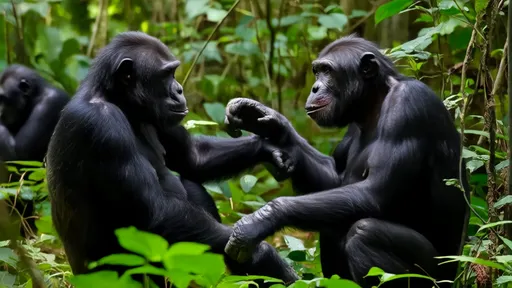
By /Aug 21, 2025

By /Aug 21, 2025

By /Aug 21, 2025

By /Aug 21, 2025

By /Aug 21, 2025

By /Aug 21, 2025
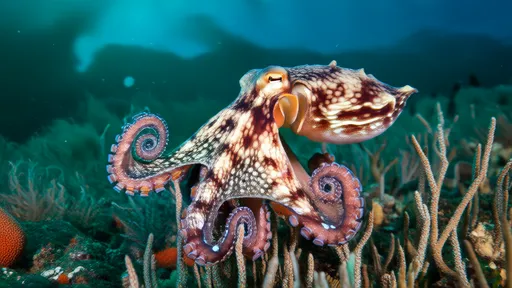
By /Aug 21, 2025
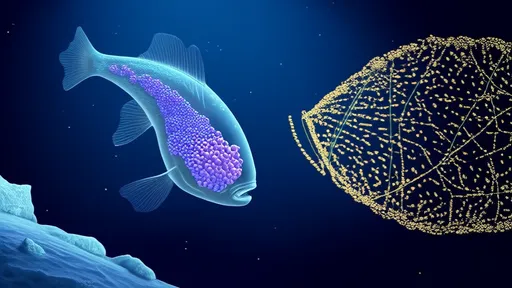
By /Aug 21, 2025
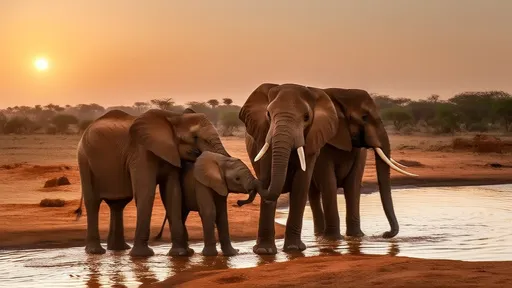
By /Aug 21, 2025

By /Aug 21, 2025

By /Aug 21, 2025
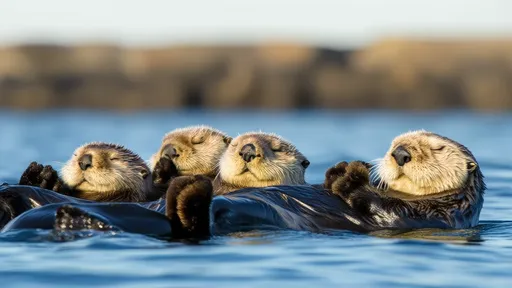
By /Aug 21, 2025

By /Aug 21, 2025
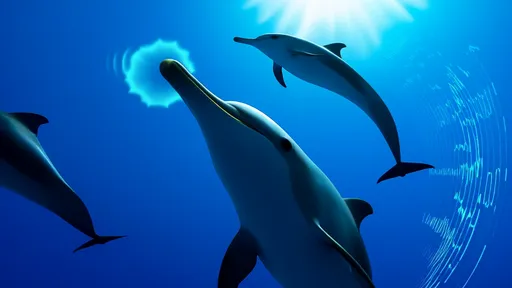
By /Aug 21, 2025

By /Aug 21, 2025

By /Aug 21, 2025
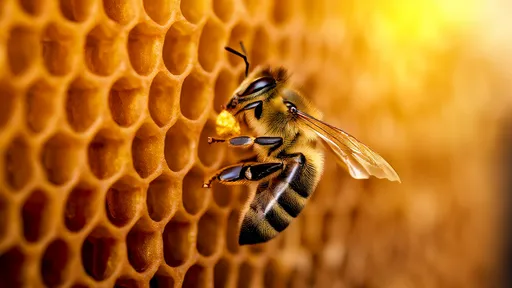
By /Aug 21, 2025
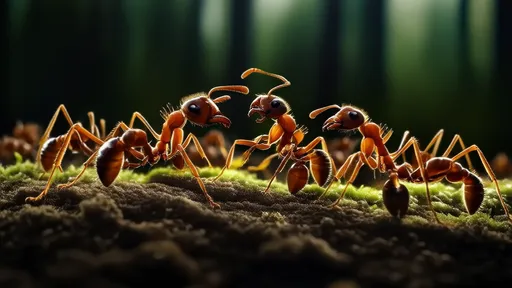
By /Aug 21, 2025

By /Aug 21, 2025